With its old-world cities and Mediterranean beaches, the nation of Spain boasts a rich cultural history. Originally settled by ancient Phoenicians, Spain is now home to a population of more than 47 million residents. If you include the Canary Islands and its territories along the North African coastline it is a massive country at almost 506,000 square kilometers. To acquaint you with this nation, once the home to King Ferdinand and Queen Isabella, we’ve gathered a diverse range of interesting facts about Spain to help you get to know its incredible heritage.
Table of Contents
Fun Facts About Spain
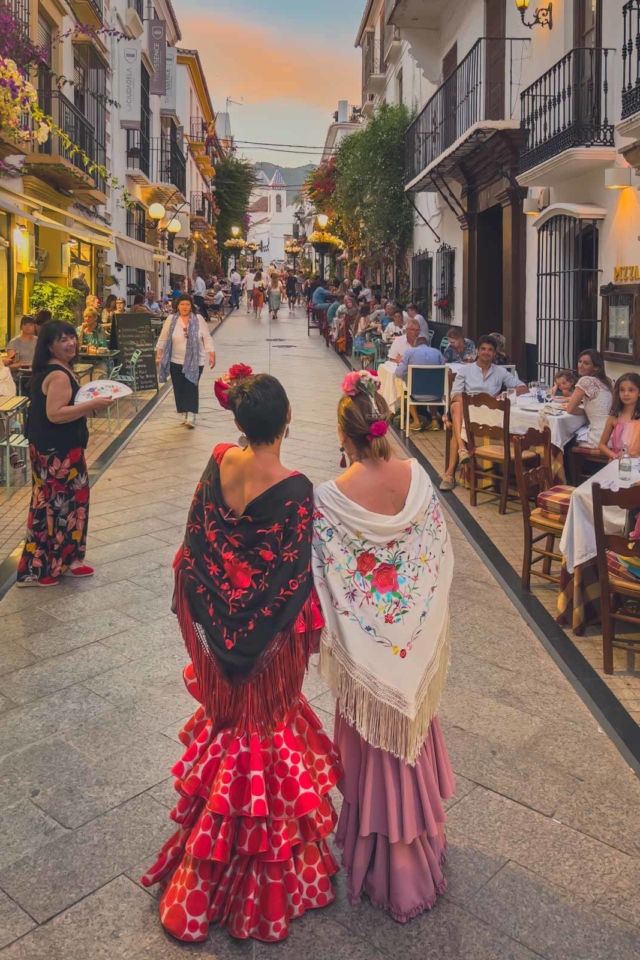
Did you know that Spain is the fourth largest country in Europe and one of the most widely visited destinations in the world? Spain has incredible food and wine, historic cities, and fantastic beaches. It’s no surprise that we have visited the country 5 times!
From the world’s largest tomato fight to the birthplace of Flamenco, this list covers it all. Keep reading for 20 fun facts about Spain that will make you want to hop on an airplane and visit any or all of these cities in Spain right away.
1. Rich in UNESCO World Heritage Sites
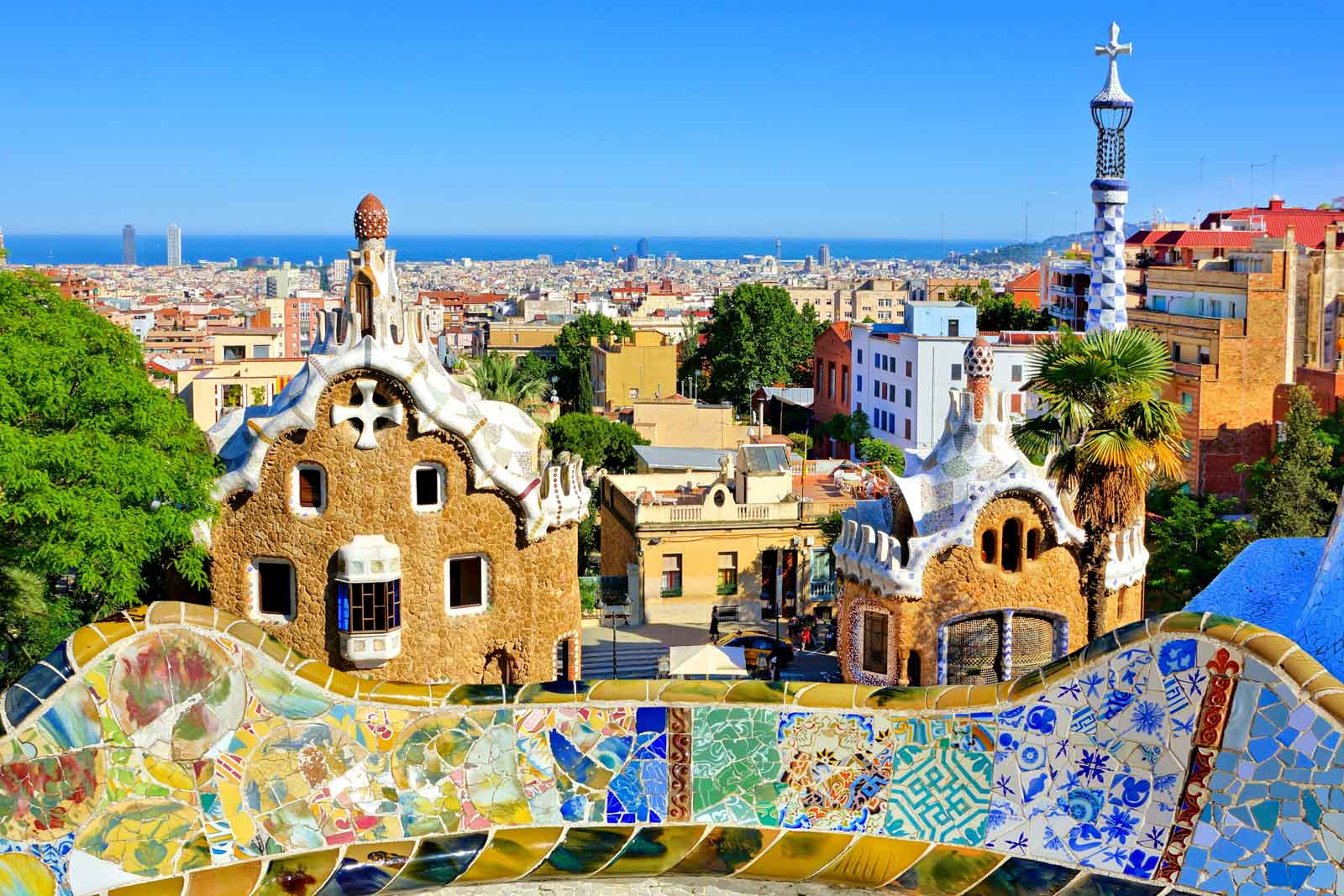
Spain is home to a breathtaking 48 UNESCO World Heritage Sites that attract visitors from all over the globe. We have been lucky enough to visit some of the most famous ones. Those include The Alhambra, located in Granada, which is one of the most stunning UNESCO World Heritage Sites in Spain. It is a massive fortress complex that was built in the 13th century by the Moorish rulers of Andalusia and offers some of the coolest views of the surrounding city.
You also may want to add some of its most famous UNESCO World Heritage Sites including the Historic City of Toledo which is located on a hill overlooking the Tagus River. It was an important city during the Middle Ages and is known for its narrow streets, medieval architecture, and stunning views. Others to explore are Garajonay National Park, The Roman Walls of Lugo, The Royal Monastery of Santa María de Guadalupe, the Camino de Santiago, and Sagrada Familia in Barcelona just to name a few.
2. Spain Hosts the World’s Biggest Food Fight

La Tomatina is a festival that takes place annually in the town of Buñol, Spain, on the last Wednesday of August. And let me tell you it is fun! What is it you ask? It is a tomato-throwing festival where people throw ripe tomatoes at each other for around an hour. This festival attracts thousands of people from all over the world every year, and the streets of Buñol are transformed into a sea of tomato juice and pulp during the event.
The origins of La Tomatina are unclear, but it is believed to have started in the mid-20th century as a spontaneous food fight among friends. The festival was banned during the 1950s, but it has since become a popular event that is officially sanctioned by the town council of Buñol.
3. Spanish is the second-most spoken native language
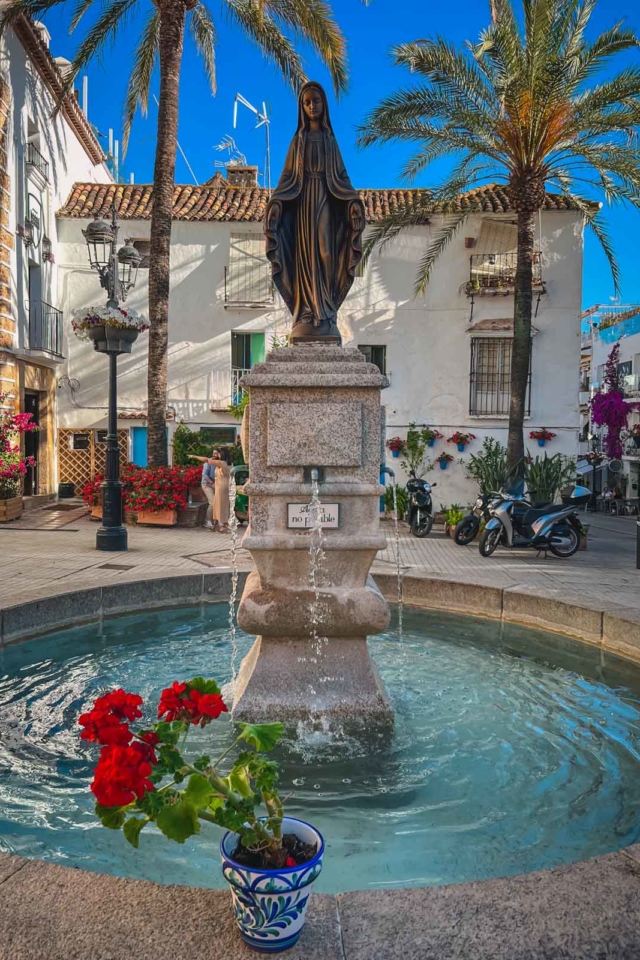
Another interesting fact about Spain is that the Spanish language is the second-most widely spoken native language in the world. (In case you were wondering Mandarin is number one)
Spanish evolved from Vulgar Latin, which was spoken by the Roman Empire’s soldiers and settlers who colonized the Iberian Peninsula in 218 B.C. Over time, Spanish developed into distinct regional dialects, such as Castilian, Andalusian, Catalan in Catalonia, Basque in the Basque Country, and Galician.
Standard Spanish, also known as Castilian, is the official language of Spain and is widely used throughout Latin America. Spanish is also an official language in Equatorial Guinea and the Philippines. The Spanish language has a rich literary tradition, with famous writers such as Miguel de Cervantes, Federico Garcia Lorca, and Gabriel Garcia Marquez. Spanish has also influenced other languages.
4. First Modern Novel; Don Quixote
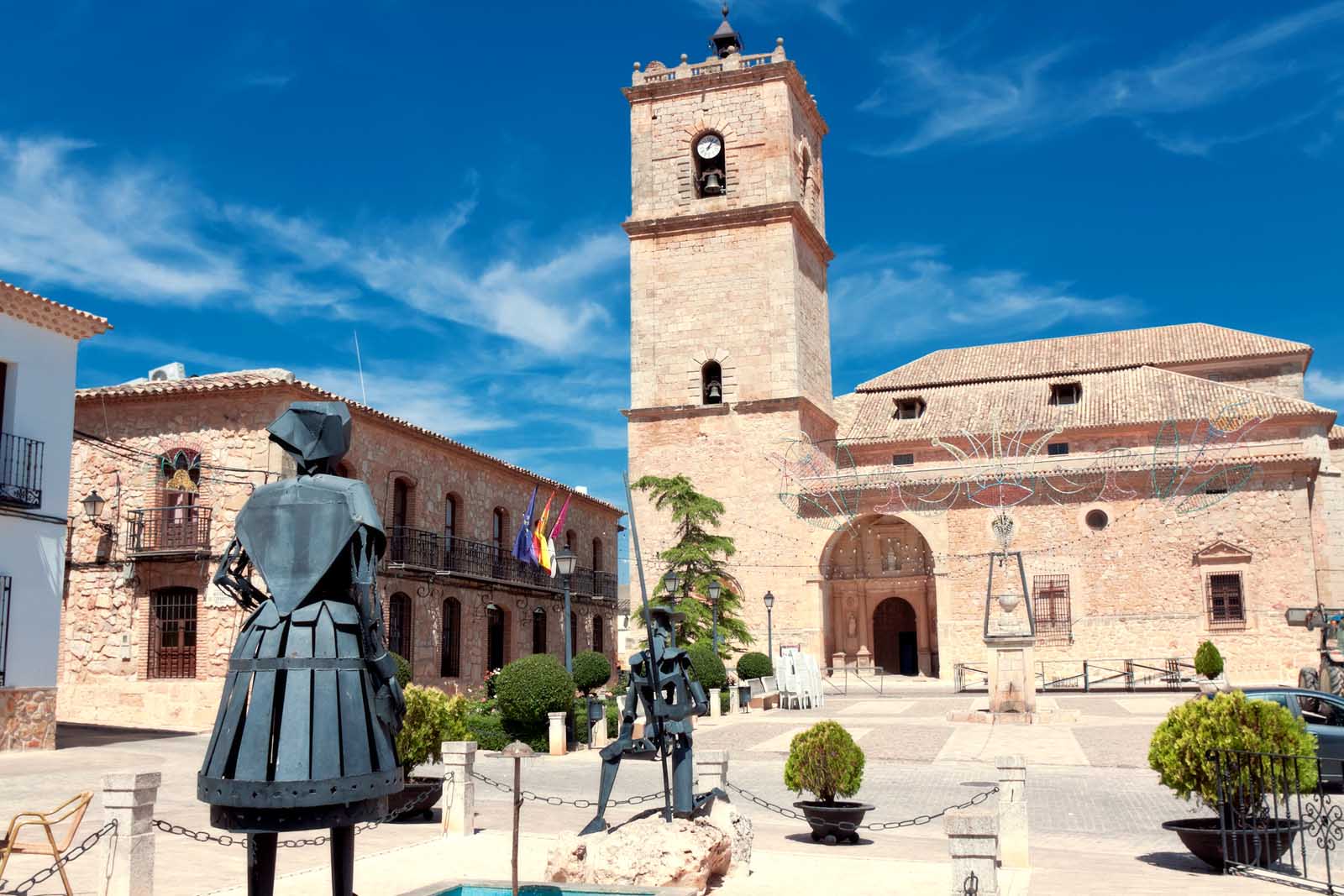
Did you know that the first modern novel ever written is the novel Don Quixote by the Spanish author Miguel de Cervantes? First published in 1605, Don Quixote marks an important milestone in Western literature and would influence other great writers around the world including Alexandre Dumas and Mark Twain.
The novel is set in various locations throughout Spain, including the La Mancha region where Don Quixote is from. It features many elements of Spanish culture, such as flamenco music, bullfighting, and traditional Spanish food and drink.
Don Quixote has had a significant impact on Spanish culture and has become an important symbol of the country’s literary heritage.
5. Olive Oil

Olive oil is an ancient ingredient and one of the world’s healthiest oils with its rich composition of omega-3 fatty acids. Although you might be tempted to believe that most of the world’s olive oil hails from Greece or Italy, the vast majority actually comes from the sundrenched Andalusian fields of Spain. One of the most interesting facts about Spain is that more than 40% of the world’s olive oil comes from Spain.
Spanish olive oil is known for its high quality and is used in many traditional Spanish foods, such as gazpacho, paella (the Spanish national dish), and tortilla española. In addition to its culinary uses, olive oil is also used in cosmetics, soaps, and other products.
Spanish olive oil production is subject to strict regulations to ensure its quality and authenticity. The Denomination of Origin (DO) system is used to regulate the production and labeling of olive oil in Spain. This system ensures that olive oil labeled with a specific DO comes from a specific geographical region and meets certain quality standards.
6. Birthplace of Flamenco

Spain has a rich artistic heritage. One of its most celebrated art forms is Flamenco dance which dates to the late 1700s. The flamenco tradition developed among the poor and marginalized communities of Andalusia, particularly in the cities of Seville, Jerez de la Frontera, and Cádiz. Flamenco was originally performed in intimate settings, such as in family gatherings and in cafes and taverns, where it was accompanied by guitar, singing, and rhythmic clapping.
Today, flamenco is recognized as an important part of Spanish culture and is performed and studied throughout the world. In 2010, UNESCO declared flamenco to be part of the intangible cultural heritage of humanity, recognizing its significance as an art form and its role in the cultural identity of Andalusia and Spain as a whole.
7. Spain is Home to the World’s Oldest Restaurant
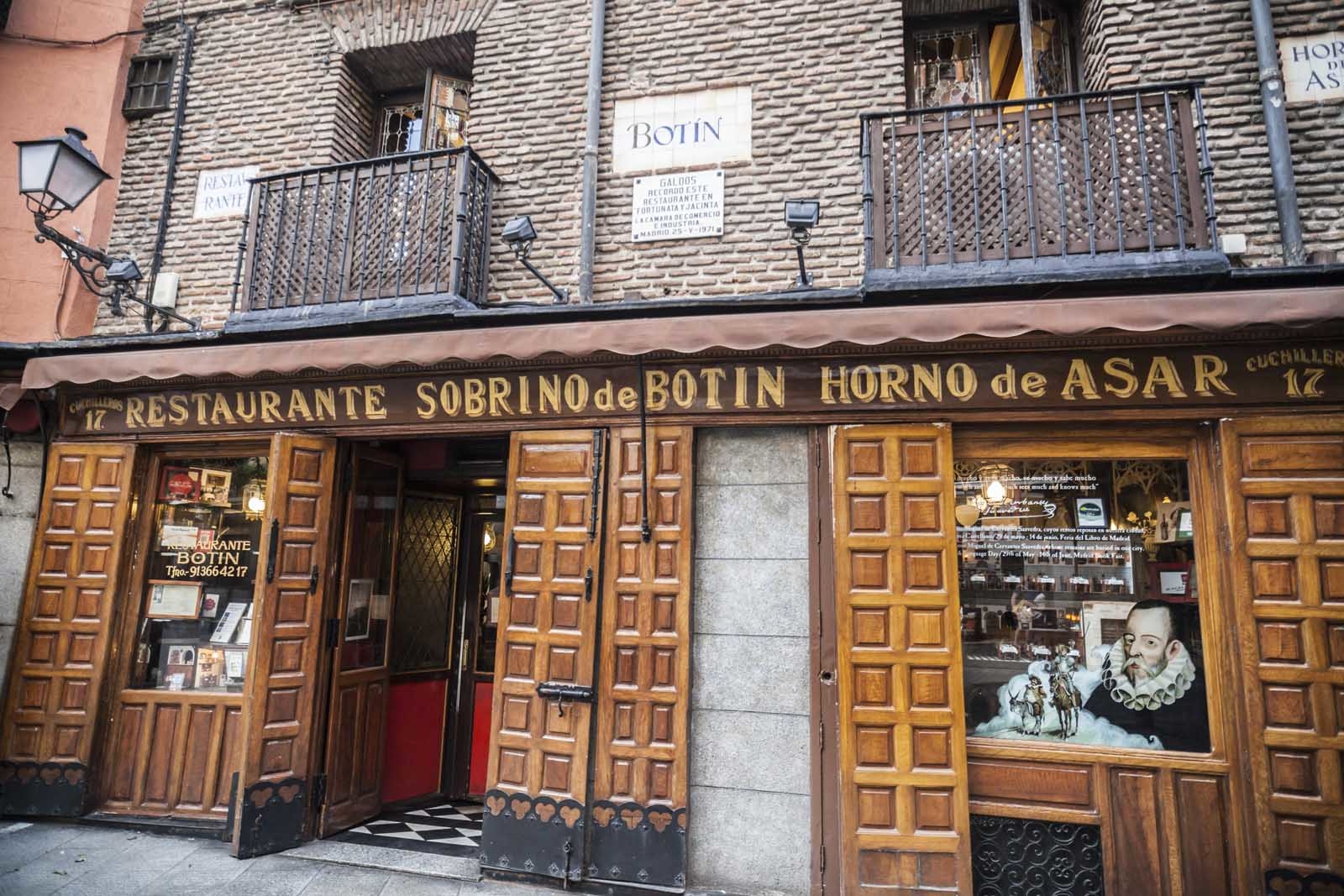
The world’s oldest restaurant still in operation is Sobrino de Botín, located in Madrid, Spain. It was founded in 1725 and was awarded the oldest restaurant moniker by the Guinness World Records. The restaurant is known for its traditional Spanish cuisine, including roast suckling pig and lamb, as well as seafood dishes.
Botín has a long and storied history, having been visited by many famous figures throughout the years, including Ernest Hemingway, who mentioned the restaurant in his novel “The Sun Also Rises”. According to legend, artist Francisco de Goya worked at Botín as a waiter when he was a struggling artist.
The restaurant is housed in a historic building in the heart of Madrid’s Old Town and has retained many of its original features, including a 17th-century oven that is still used to cook the famous roast meats and its cellar that dates back to 1590.
8. Spain has the highest number of bars in the European Union

It’s hard to go thirsty in a country like Spain, which has the highest number of bars of any European country. It is a fact, at least from our experience, Spanish people love to drink. From its clubs to its tapas bars, Spain features seemingly no end of watering holes that play a central role in its vibrant social scene. When visiting many of Spain’s large cities, travelers will be able to find bars open both day and night.
It is estimated that there are around 270,000 bars in Spain, which works out to roughly one bar for every 175 people.
9. The Spanish National Anthem has no Words
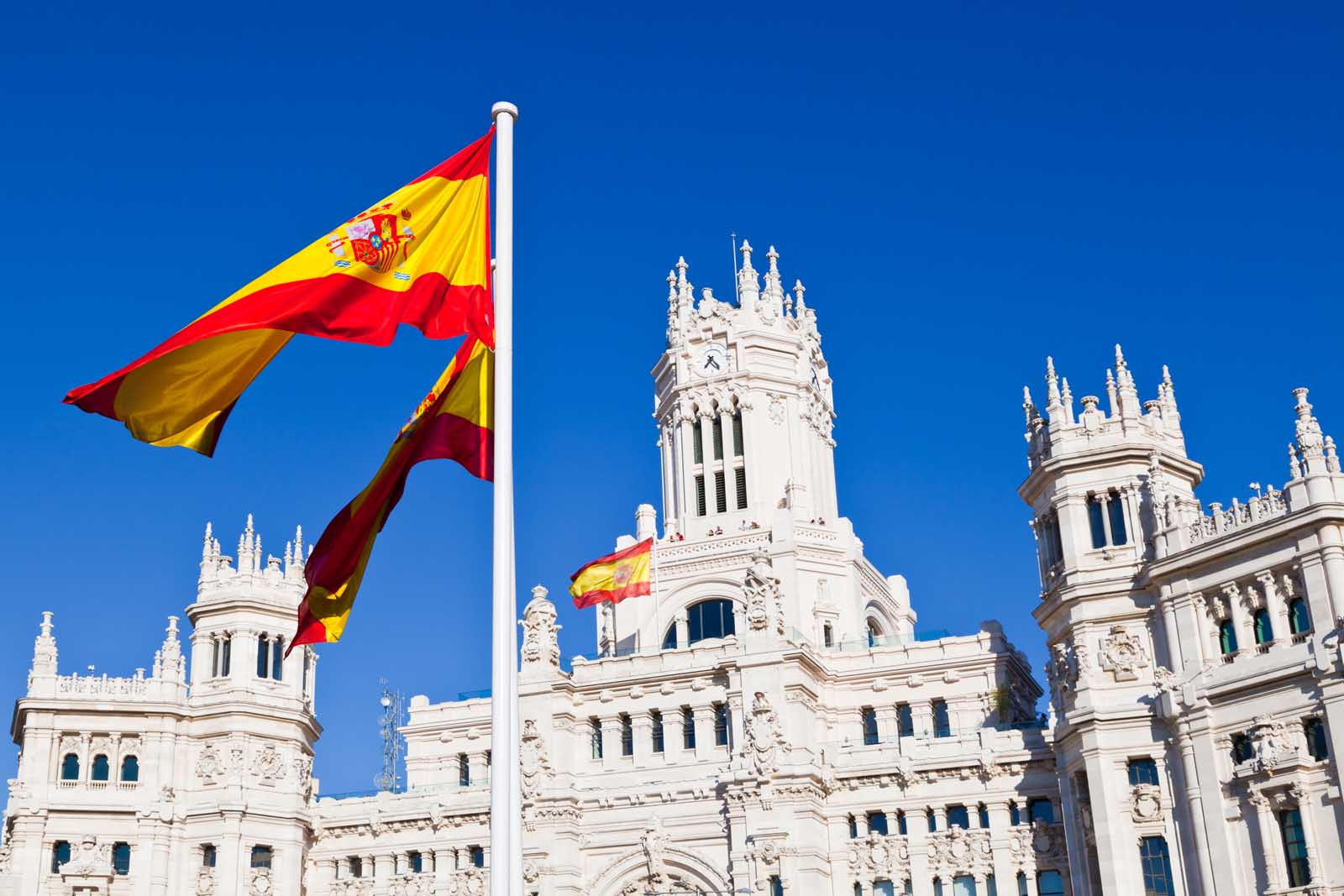
One of the most interesting facts about Spain we found was that their national anthem, called Marcha Real, has no words. It is literally a marching tune. The music has been in use since the 18th century and was declared the official national anthem of Spain in 1931, although it was not officially recognized until 1997.
So if you are heading to a sporting event and expect to see Spanish people singing along, you will be disappointed. Spain is only one of 4 countries in the world that do not have lyrics in their national anthems.
Most national anthems have lyrics and while there have been some calls to add lyrics to the national anthem over the years, the lack of lyrics has also been seen as a symbol of the country’s unity, as it represents all of Spain without favoring any particular region or language.
10. The Spanish Civil War
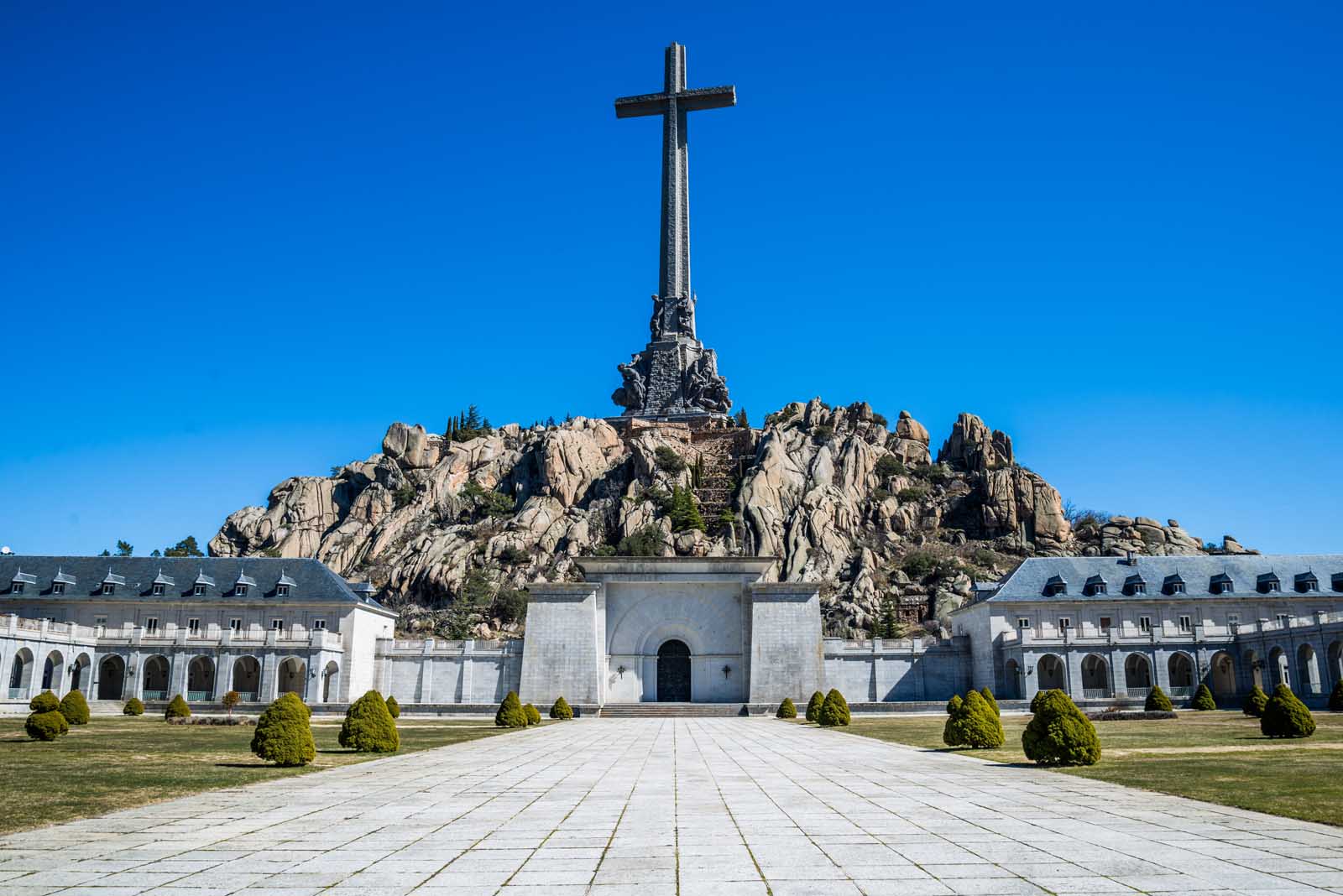
The Spanish Civil War took place in Spain from 1936 to 1939. It was fought between the Spanish Republic, which was supported by left-leaning groups, and the Nationalists, a coalition of conservative and fascist groups led by General Francisco Franco. The conflict began with a military uprising against the government in July 1936 and quickly escalated into a full-scale war.
The war ended with a Nationalist victory in 1939, and Franco remained in power as the head of the Spanish state until his death in 1975. The war had a profound impact on Spain and the world, and it is remembered as a key event in the history of the 20th century. It resulted in significant political and social changes in Spain and served as a precursor to World War II.
11. Spain Has a Royal Family
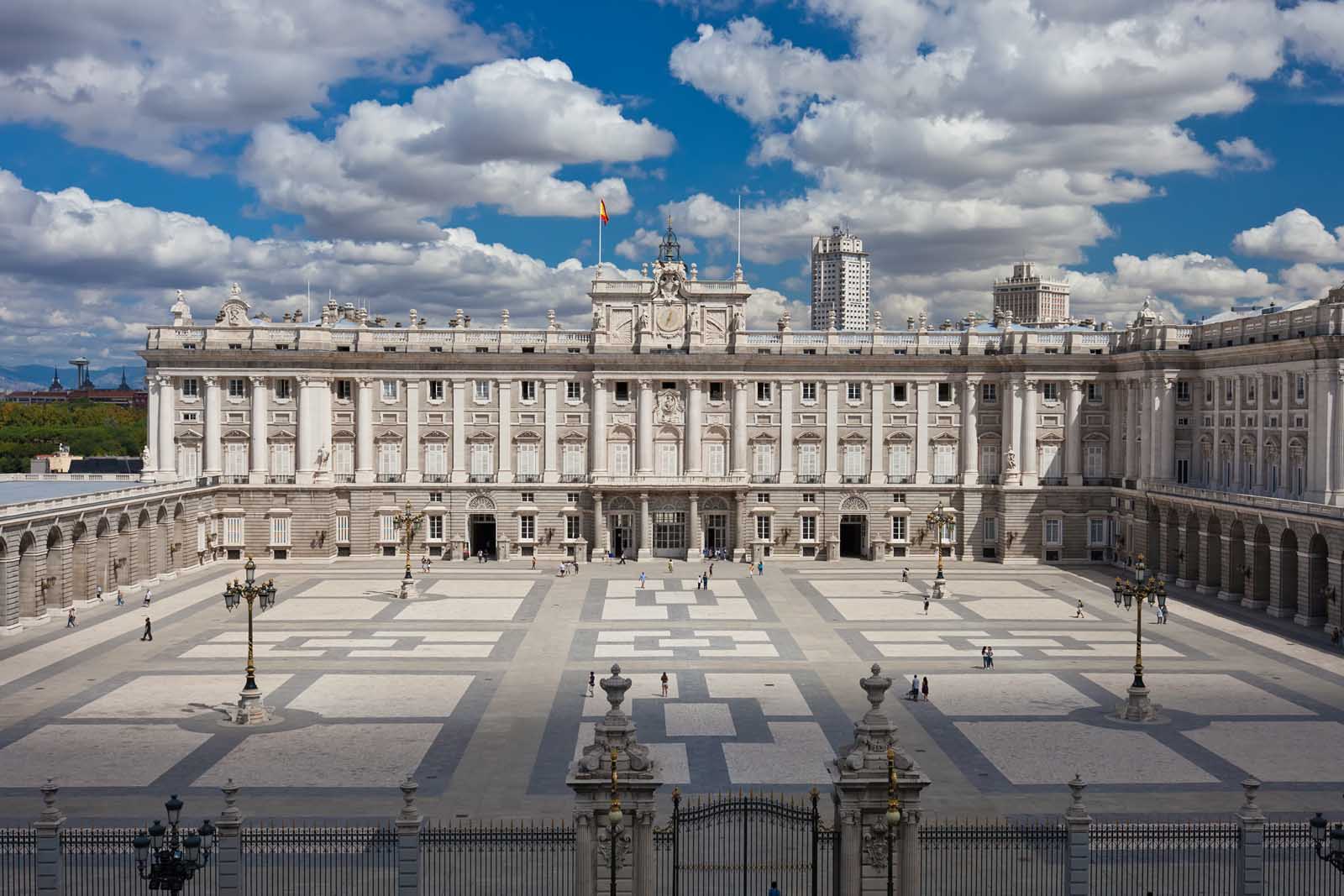
One of the facts about Spain that is interesting is that they are actually a Monarchy. The Spanish Royal Family is the current reigning monarchy of Spain. The current monarch is King Felipe VI, who ascended to the throne in June 2014, following the abdication of his father, King Juan Carlos I. The Spanish Royal Family has a long and complex history, dating back to the medieval period, and has played a significant role in shaping the history and culture of Spain.
Today it remains a widely respected and beloved institution in Spain, with a long and storied history that is closely intertwined with the country’s cultural and political identity.
12. Spain has a lot of Islands
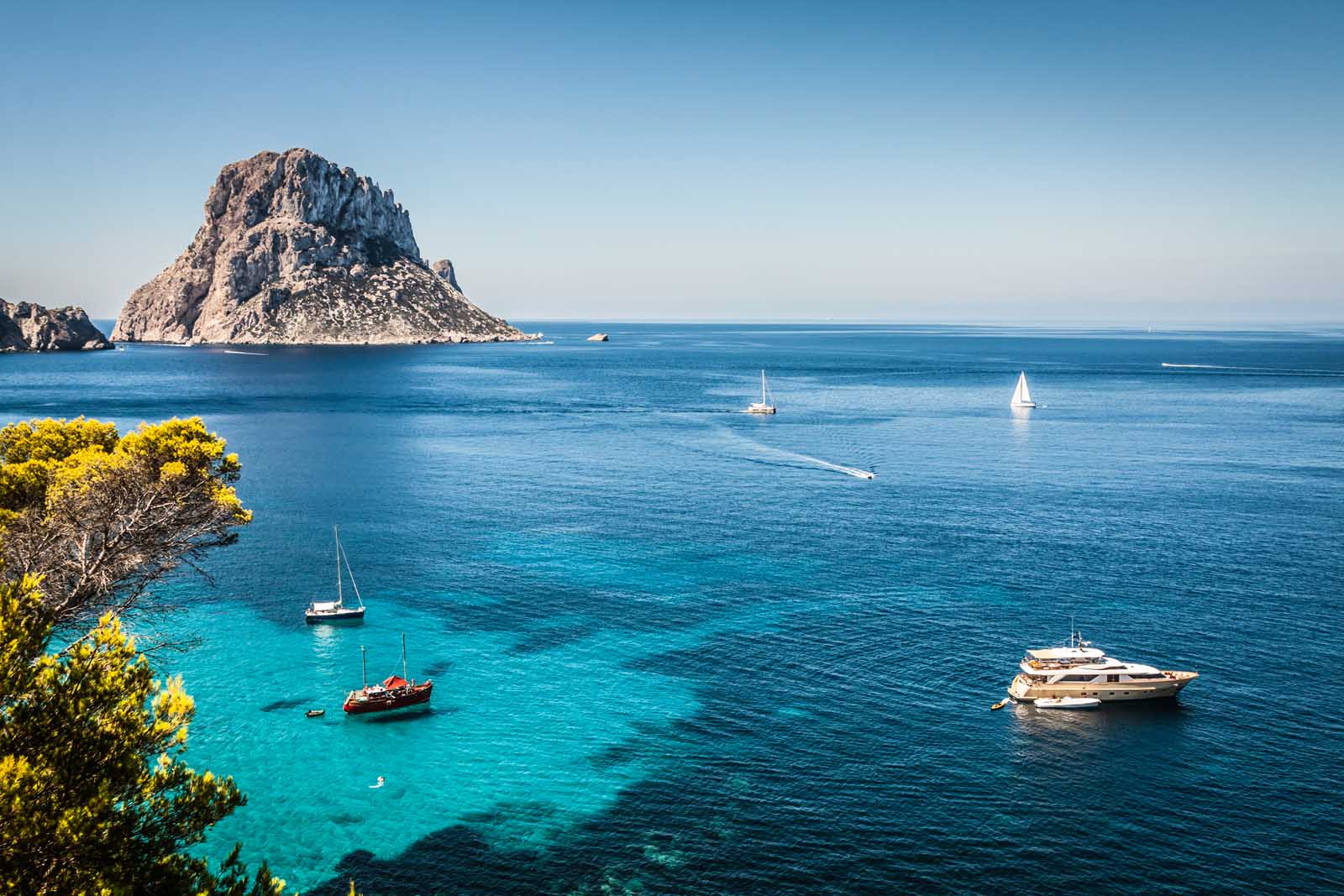
Yes, Spain has a lot of islands. In fact, Spain is one of the countries in Europe with the highest number of islands. There are more than 60 inhabited islands in Spain, and the total number of islands, including those that are uninhabited, is estimated to be over 1,000.
The most famous Spanish islands are the Balearic Islands, located in the Mediterranean Sea, which include Mallorca, Menorca, Ibiza, and Formentera. Spain also has the Canary Islands, located off the northwest coast of the African continent, which includes Tenerife, Gran Canaria, Lanzarote, and Fuerteventura, among others.
There are also other islands that belong to Spain, such as the Chafarinas Islands, Alboran Island, the Columbretes Islands, and the Ebro Delta Islands, among others. Each of these islands has its own unique beauty and charm, making them popular tourist destinations.
13. Clothing is Optional
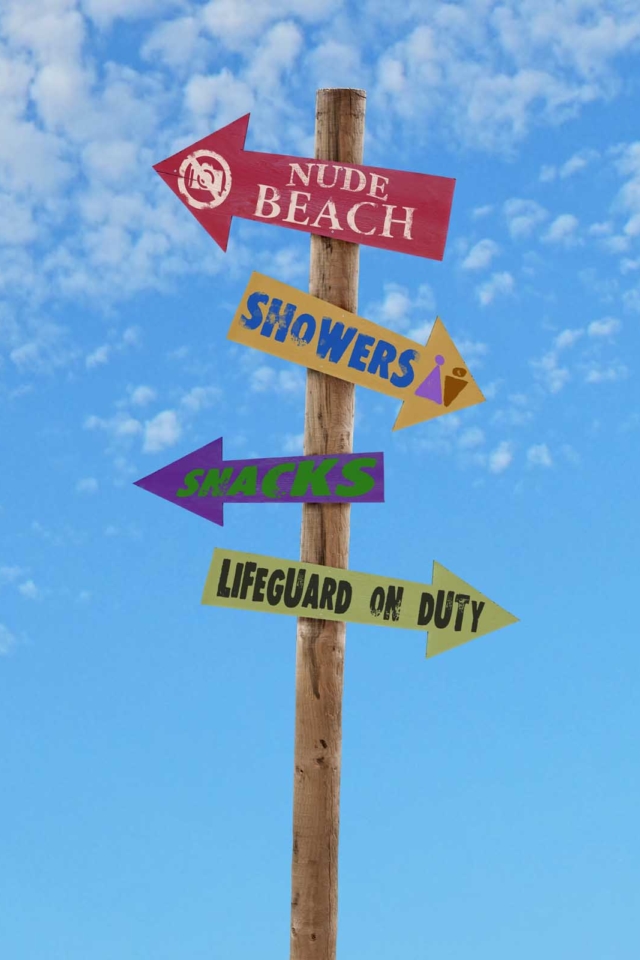
During the summer season, the temperature heats up. When visiting Spain’s beaches, you’re apt to find that many people dispense with any clothing at all. Going in your birthday suit is perfectly welcome in Spain and there are no laws against baring skin.
In Spain, it is common to see topless sunbathers on beaches and public pools, especially on the coasts and in tourist areas. Clothing-optional beaches are also common, and there are many nudist resorts and clubs throughout the country. However, it is important to note that going nude in public is not legal everywhere in Spain, and there are certain places, such as city centers and public streets, where it is not permitted.
Despite the relatively relaxed attitude towards it in Spain, it is still important to be respectful of local customs and laws. It should always be practiced in designated areas or at private locations, and tourists should be aware of local regulations and attitudes towards it in the areas they are visiting.
14. Birthplace of Picasso
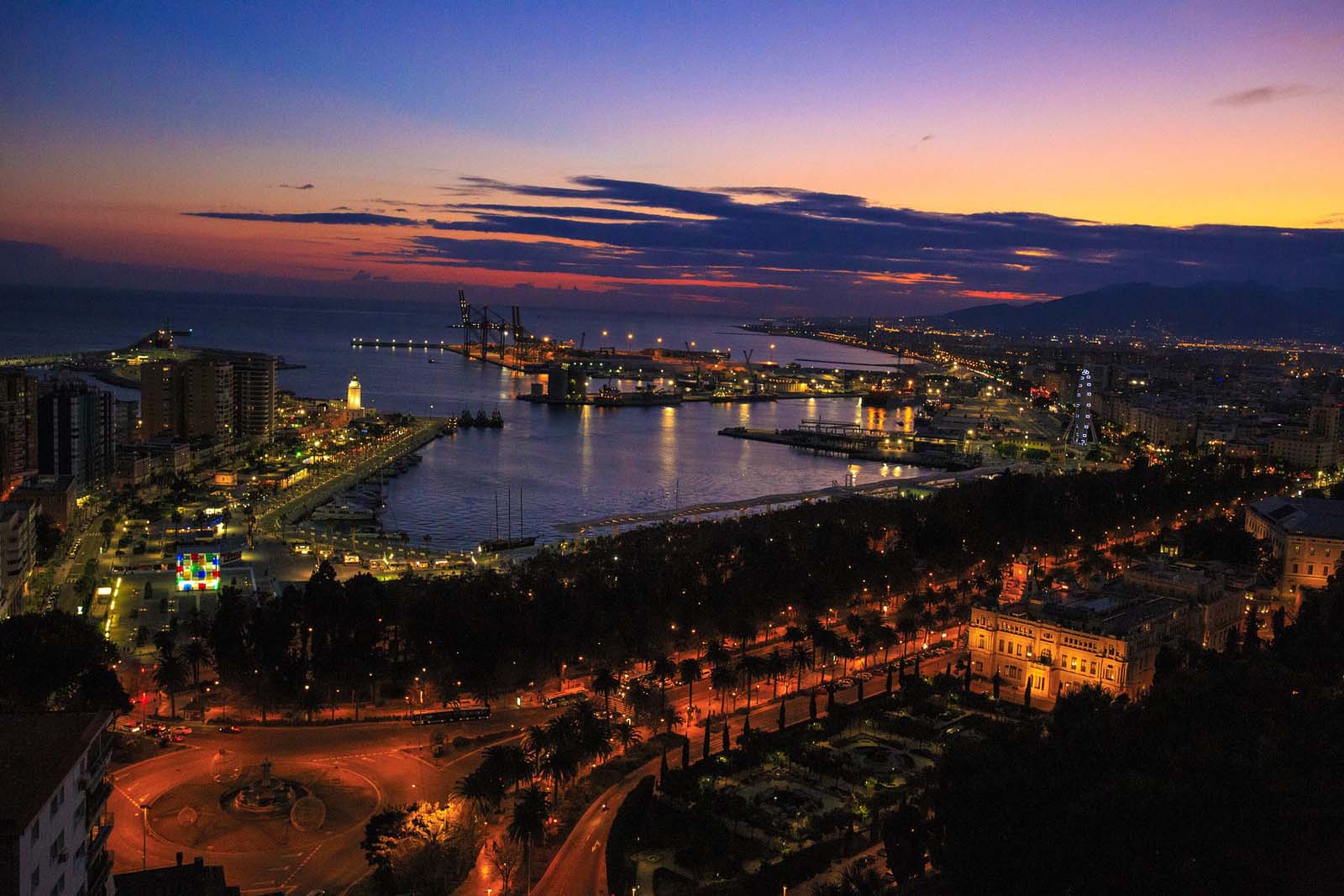
Spain has long been a center for great art in Europe and has produced many famous masters. However, its most celebrated artist may just be Pablo Picasso who was born in the city of Malaga, Andalusia in 1881. He is renowned for revolutionizing the art world and his work continues to be collected and displayed in the world’s most prestigious museums. In 2015, one of Picasso’s works set a new auction record when it was sold for $179.4 million.
15. They don’t have the Tooth Fairy but The Tooth Mouse

In many countries, the tooth fairy collects the lost teeth of children, replacing them with coins as a reward. In Spain, however, this enchanted task is left to a mouse named Ratoncito Perez. The mouse has been hard at work collecting the discarded teeth of Spanish children since he became popularized in the late nineteenth century.
According to the legend, the Tooth Mouse collects the teeth and takes them back to his mouse hole, where he uses them to build his mouse castle. In exchange, he leaves a small gift or coin for the child to find under their pillow when they wake up in the morning.
The Tooth Mouse tradition is believed to have originated in Spain in the late 19th century and has since become a beloved part of Spanish culture. Children often make special Tooth Mouse boxes or leave notes for the Tooth Mouse, and parents sometimes even stage elaborate Tooth Mouse visits with costumes and props to make the experience even more magical for their children.
16. Running With the Bulls
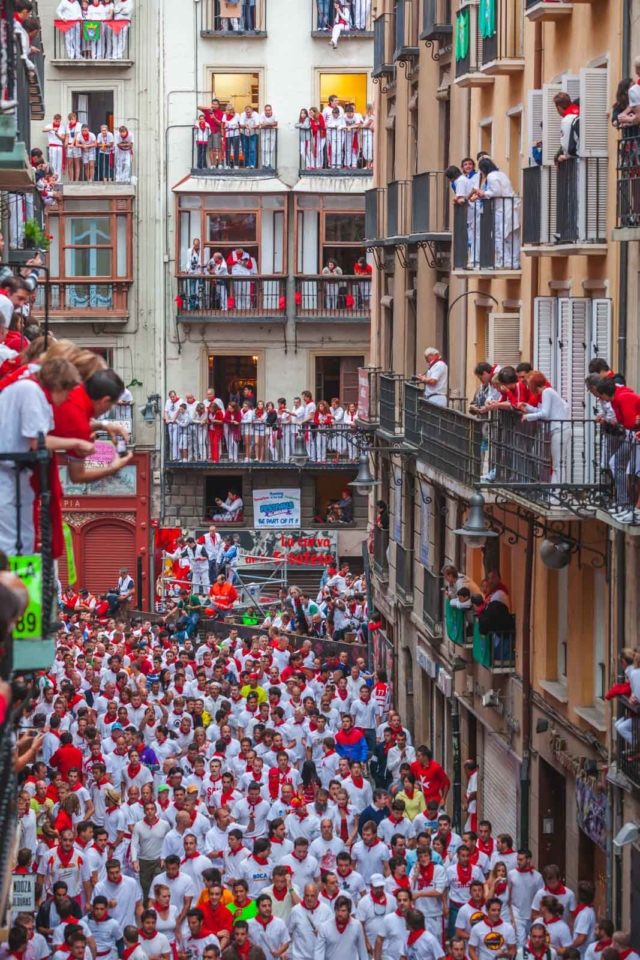
With its controversial reputation for bullfighting and the highly publicized running of the bulls events, Spain reveres the bull and lists it as its national animal. Which is odd since they seem to enjoy tormenting the poor things in the ring.
Bull running and fighting, in fact, is a Spanish tradition that dates back to the 14th century. Each year, the Pamplona Running of the Bulls events feature as many as 20,000 participants. In spite of the injuries and occasional deaths that result from this event, it continues to be held each year.
17. Most People are Roman Catholic

Spaniards practice Roman Catholicism more than any other religion. However, this wasn’t always the case. For more than five centuries until 1492, most of Spain was controlled by North African Muslims known as Moors. The Moors left behind many influences that can be seen in the nation’s architecture, art, and language.
18. Big Lottery
And here’s a fun fact about Spain that has to do with the Roman Catholic holiday of Christmas. The Spanish Christmas lottery is held annually on December 22 and is the biggest lottery in the world by total prize money. In 2022 the payout was 2.5 billion dollars.
The top prize, also known as “El Gordo” (the fat one), is usually worth several million euros, but there are also numerous other smaller prizes available. In total, the Spanish Christmas Lottery has more than 13,000 winning combinations, which means that a significant percentage of those who buy tickets end up winning some sort of prize.
19. The Tower of Hercules
Spain has no shortage of historic landmarks, but its Tower of Hercules is especially renowned as the world’s oldest known lighthouse. Dating to the second century AD, the lighthouse in Coruna, a city in Galicia. The Tower of Hercules is also the country’s second tallest lighthouse at 187 feet.
20. Getting Hitched
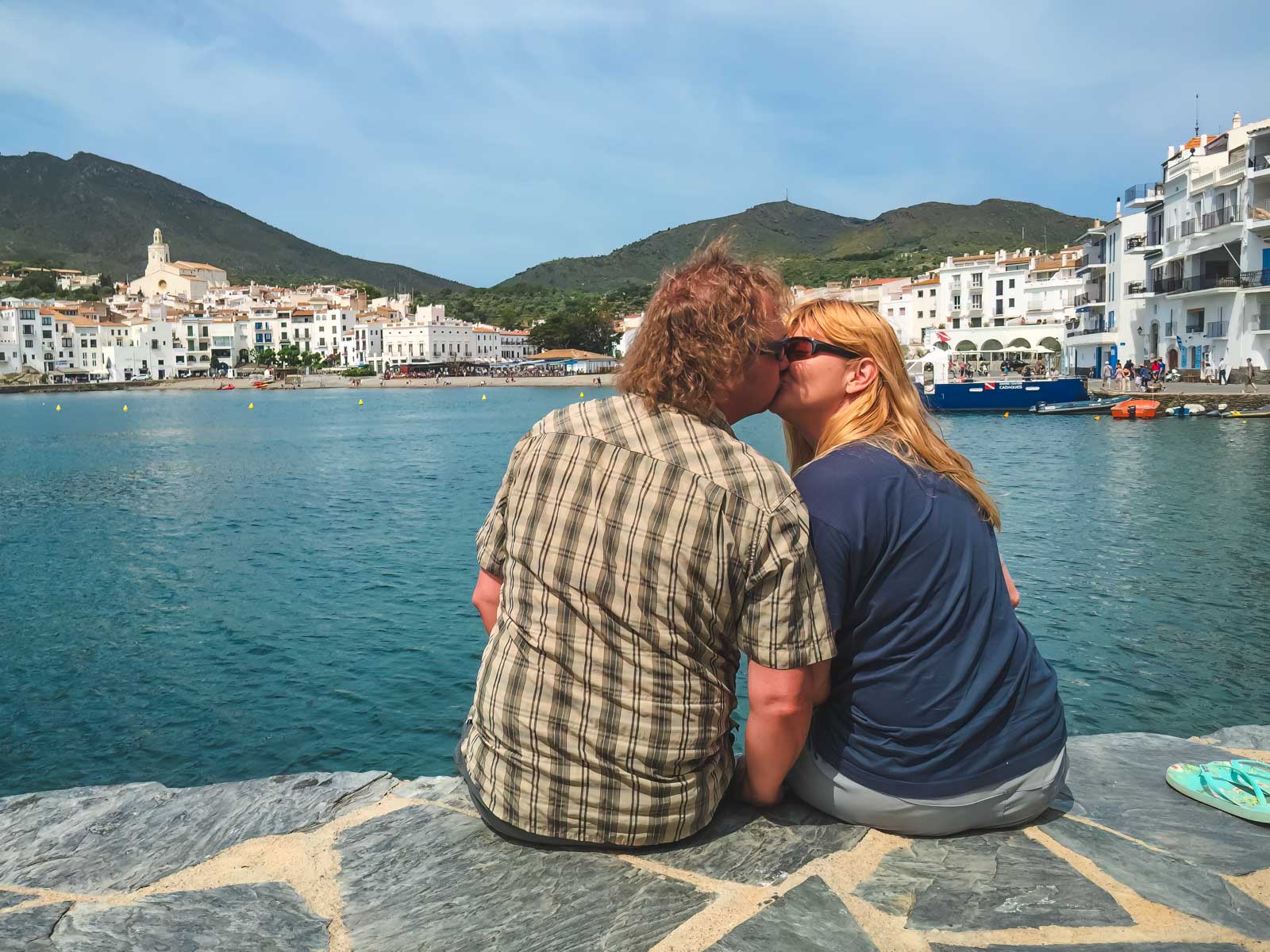
Spaniards tend to take marriage quite seriously, so seriously, in fact, that many hesitate to take vows of matrimony. Spain has the lowest rate of marriage among EU nations (except for Sweden). Unfortunately, couples aren’t always inclined to stay together after their nuptials. Spain’s divorce rate is up around 57%, which is more than the rate in the U.S., which has decreased to 44%.
21. Spanish People Live Longer

Spain has one of the world’s highest life expectancy rates. Its current life expectancy is 82 years. Scientists attribute this longevity to the Spanish diet. It’s predicted that by 2050, Spain will have the world’s oldest population of citizens. Read more: Spanish Food: 17 Spanish Dishes to Try in Spain or at Home
22. Beach Culture
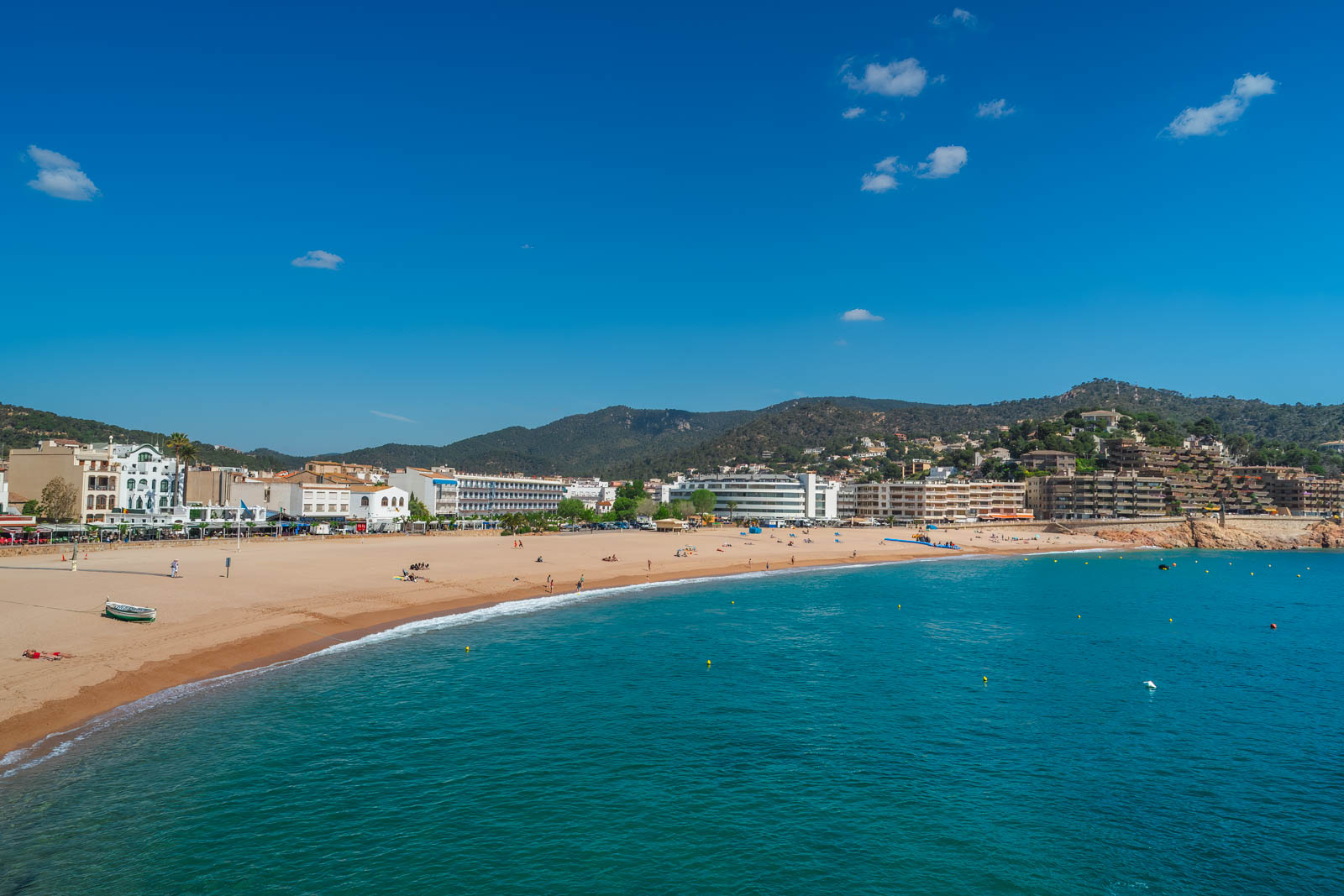
With more than 3,000 miles of coastline, Spain boasts some of the world’s most attractive and tourist-friendly beaches. There are more than 8,000 beaches in Spain. Its most famous include Bogatell of Barcelona, Platja de Ses Illetes on Formentera, Ses Salines on Iberia, and East Side Beaches of Marbella.
23. Wind Energy
With its abundance of sunshine, Spain might have led the world in solar energy, but it, instead, focused on wind and became the nation in the world to derive most of its energy from wind energy. Today, Spain ranks as the world’s fifth leading producer of wind energy, following China, the United States, Germany, and India.
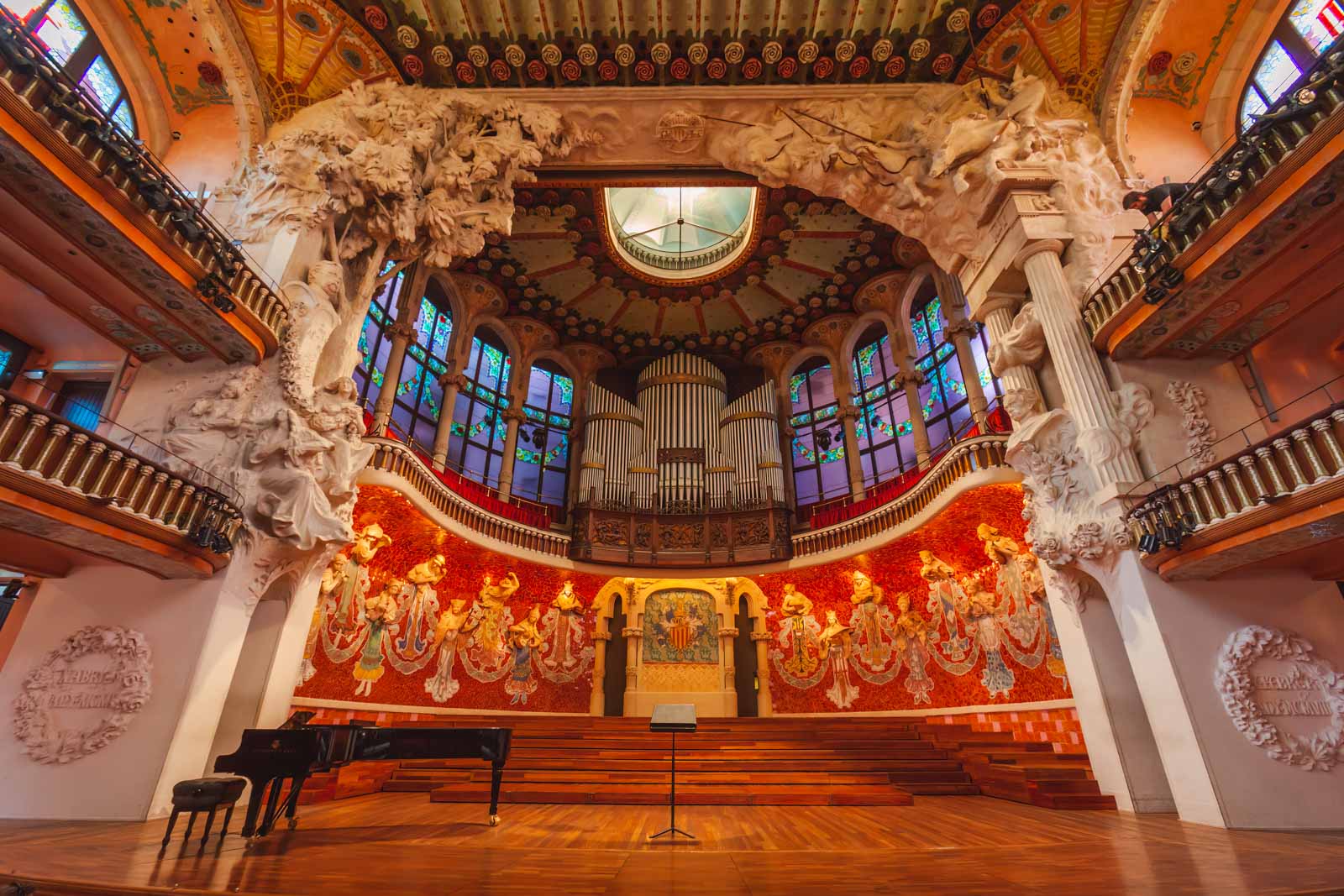
With its rich culture and fascinating history marked by the influence of numerous civilizations, including the Romans, the Moors, and the Visigoths there are numerous reasons to visit Spain.
From the snow-capped peaks of the Pyrenees to the sun-kissed beaches of the Mediterranean, Spain is a popular destination for everyone. Travelers enjoy art, culture, gastronomy, and festivals that are famous worldwide. It’s these facts about Spain showcase a unique and fascinating country that has a lot to offer both visitors and students of history and culture.
Use these Resources to Plan Your Trip to Spain
- Top Cities: 16 Best Cities In Spain – Beautiful Places To Visit
- Seville: 15 Free Things To Do In Seville, Spain
- Andalusia: Beautiful Things To Do In Andalusia, Spain
- Barcelona: 26 Of The Best Places To Visit In Barcelona
- Pyrenees: A Journey Through The Pyrenees In Pictures
- Travel Guide: Spain Travel Guide
- Costa Brava: Via Ferrata, Spain – Take Your Adventure To New Heights


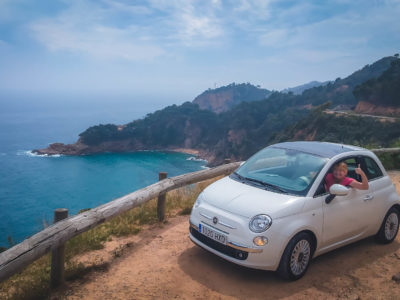
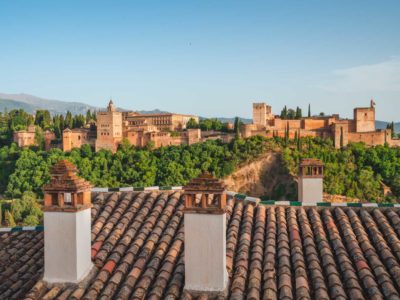
Good post. Travel to Spain next month
Amazing facts about Spain I have never ever seen this type of article about Spain facts thanks for this amazing post